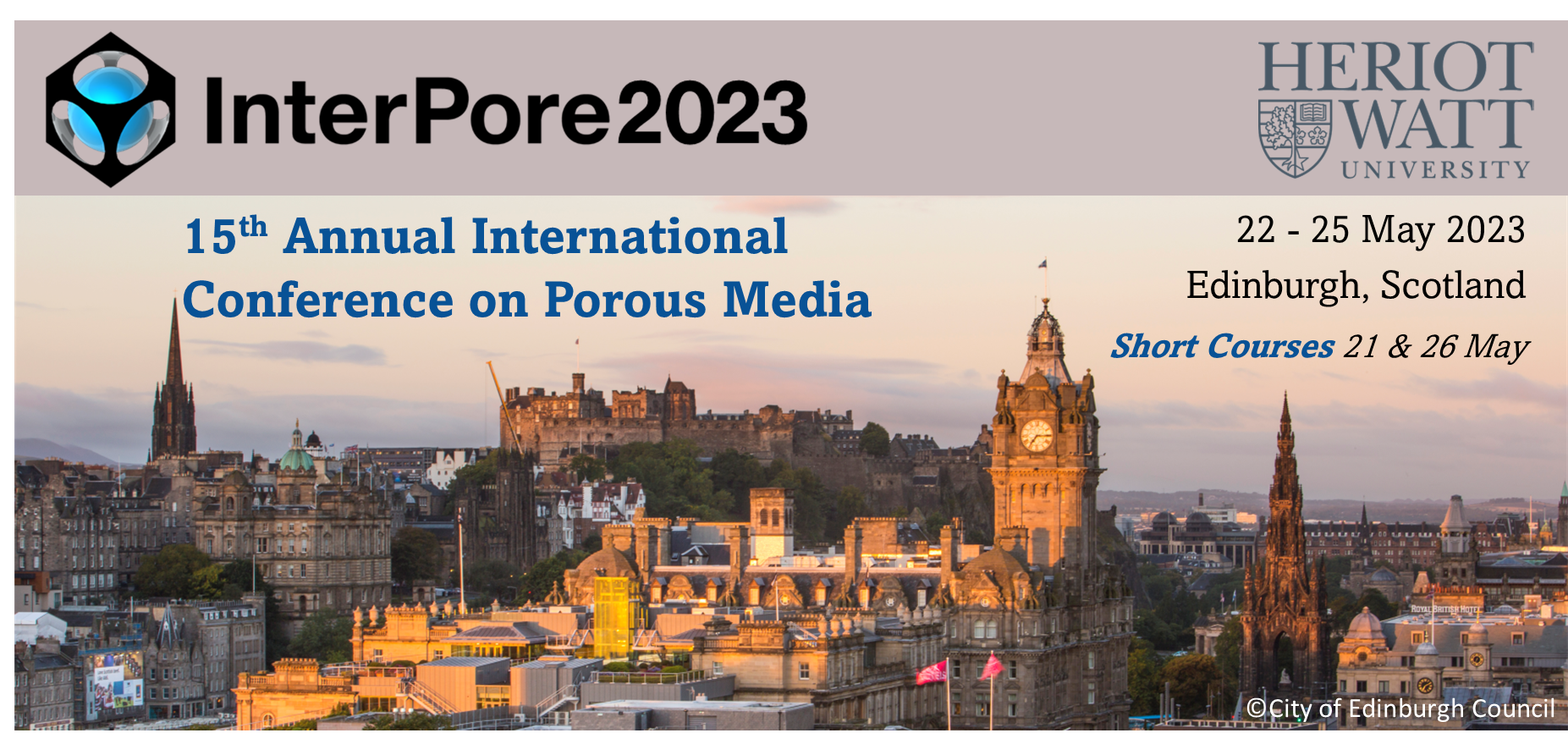Speaker
Description
In recent years, we have seen increasing attention paid to multiphase flow in subsurface porous media due to issues related with enhanced oil recovery, geothermal technology, unconventional oil/gas reservoirs, geological carbon sequestration, and subsurface storage of hydrogen. One key effort prior to constructing the mathematical model governing the compositional multiphase flow is to determine the phase compositions of the fluid mixture, and then to calculate other related physical properties. For systems involving a large number of species, phase behavior calculation typically consumes majority of the CUP time in the compositional multiphase flow simulation. In this presentation, we discuss challenges in compositional multiphase flow modeling and simulation, focusing on the challenges from nonlinearity of the system, such as the nonlinearity from relative permeabilities, capillarity, and phase behaviors. As a recent effort to treat the nonlinearity from phase behaviors, we will show how machine learning can help to achieve more robust and faster prediction of phase behaviors by using supervised learning with deep neural networks. We first provide general phase splitting statements and classical flash calculation procedures using successive substitution and Newton’s method. We then review our work on the fully robust and ODE-based iterative schemes for NVT flash problems and our work on its speedup using the sparse grids method. Afterwards, we present our study on a series of deep learning methods as applied to phase splitting problems. Factors in the deep learning models are investigated to understand their effect on the final result. It is demonstrated that results from the optimized deep learning model provides a robust and efficient approach for phase equilibrium calculation; if trained by experimental data, the trained neural network is more accurate than Peng-Robinson EOS-based models. Finally, we present our work in TINN (Thermodynamics-Informed Neural Network) and self-adaptive neural network for phase equilibrium calculation in conventional reservoirs as well as in unconventional reservoirs.
| Participation | In-Person |
|---|---|
| Country | Saudi Arabia |
| Energy Transition Focused Abstracts | This abstract is related to Energy Transition |
| MDPI Energies Student Poster Award | No, do not submit my presenation for the student posters award. |
| Acceptance of the Terms & Conditions | Click here to agree |







